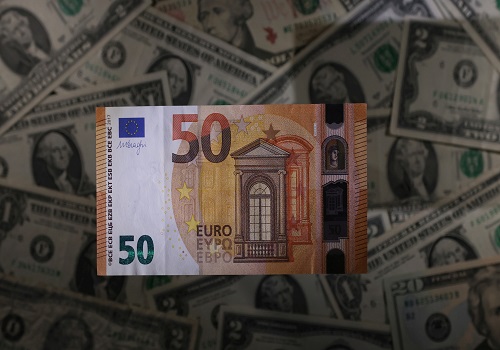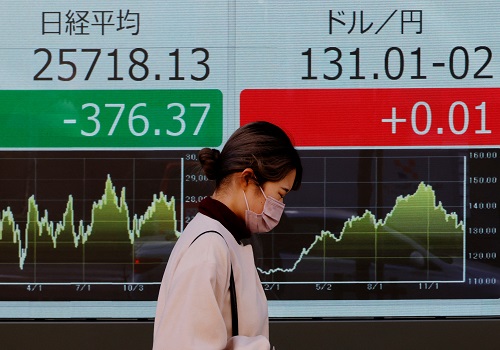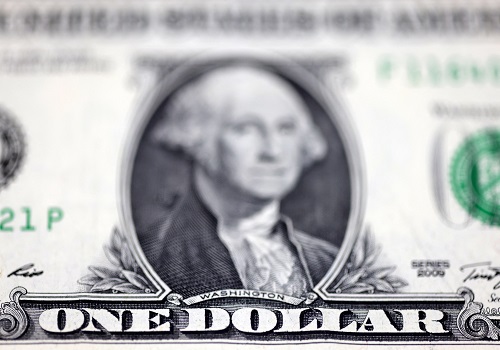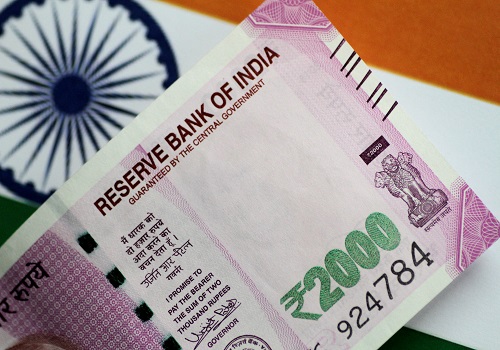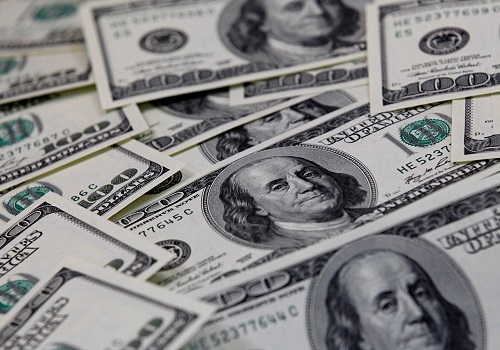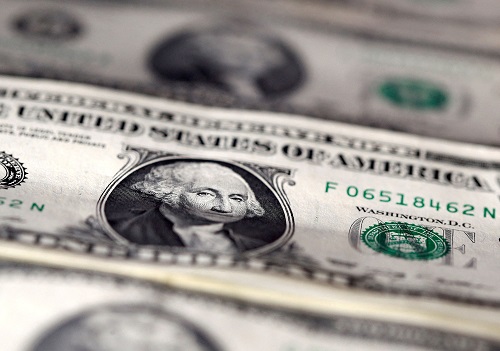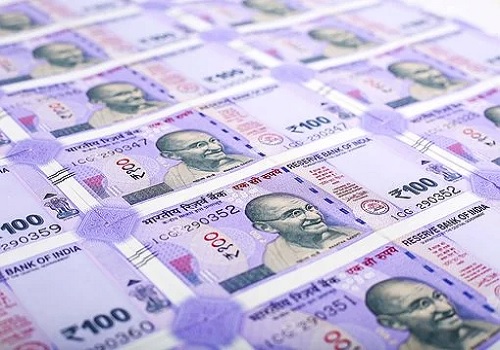Dollar fends off another suspected intervention from Japan
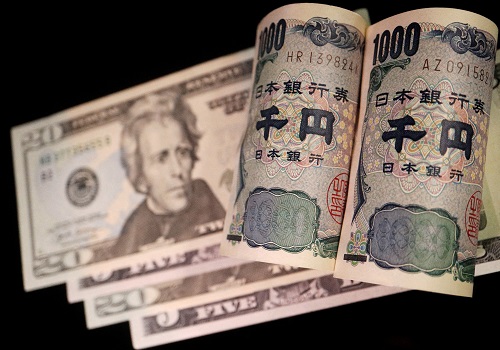
Follow us Now on Telegram ! Get daily 10 - 12 important updates on Business, Finance and Investment. Join our Telegram Channel
Suspected Bank of Japan (BOJ) intervention gave only brief respite to the Japanese yen as the dollar stayed strong on Monday, while sterling wavered as former finance minister Rishi Sunak emerged as frontrunner to become Britain's prime minister.
The yen hit a low of 149.70 per dollar in early deals before being swept to a high of 145.28 within minutes in a move that suggested the BOJ, acting for Japan's Ministry of Finance (MOF), had stepped in for a second successive day. The currency, however, dropped back to near 148.88.
"The price action should be worrying for the MOF, as it suggests that there is strong demand to buy into dollar/yen dips," said Sean Wallow, a senior currency strategist at Westpac in Sydney.
"The timing should have been good for intervention, with U.S. yields still falling in the wake of the WSJ Fed story Friday."
Stocks rallied and U.S. yields fell on Friday after the Wall Street Journal reported Federal Reserve officials will likely debate the size of future hikes, fuelling hopes that a Fed pivot might be near.
Japan had also intervened in the foreign exchange market on Friday, buying yen in the second confirmed instance in a month after the currency hit a 32-year low near 152 to the dollar, policy sources said.
That triggered a rally of more than 7 yen for the Japanese currency to 144.50 per dollar.
Damien Boey, chief macro strategist at Sydney-based investment firm Barrenjoey, said the Japanese yen was still not close to fair value.
"When I run some of the parity condition and evaluation models for dollar/yen, you get some really crazy results like the fair value could be at 170," said Boey.
"This just goes to show how important it is for the U.S. to drive the U.S. dollar back down, because the Bank of Japan, doing what it is doing, is not able to do it."
Traders also suspect the BOJ has stepped in on other occasions in the past month to shore up a currency that has tumbled 22% this year against the dollar.
Referring to how Japan had a classic open economy 'trilemma' forcing it to intervene in both bond and currency markets concurrently, Goldman analysts said: "While sub-optimal and unsustainable in the medium term, we think this policy mix could be in place for some time."
The U.S. dollar also made gains against other major currencies, with the dollar index =USD up 0.3% at 112.24.
The euro fell 0.2% to $0.9831.
Sterling also see-sawed on news former prime minister Boris Johnson had dropped out of running for British prime minister and was last up 0.2% at $1.1320, trimming earlier agains.
Boris Johnson said he has withdrawn from Monday's contest to replace Liz Truss, who was forced to resign after she launched an economic programme that triggered turmoil on financial markets.
Former Chancellor Rishi Sunak has emerged as the clear frontrunner to become Britain's next prime minister.














